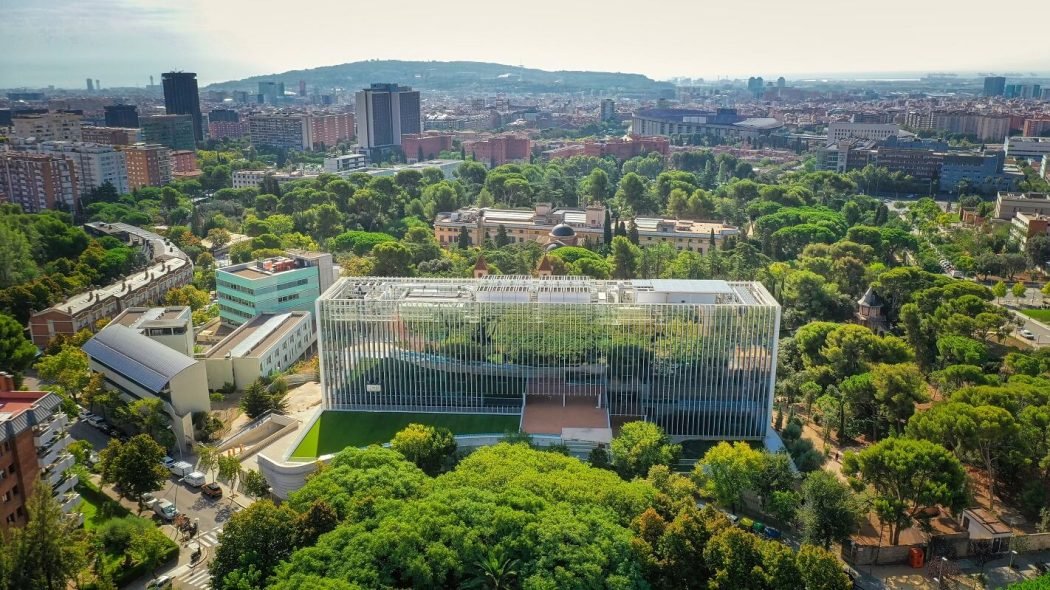

Barcelona is moving decisively to establish itself as the driving force of innovation in southern Europe. With a business community increasingly aware of the need to reinvent itself, the Catalan capital and its surrounding region are positioning themselves as an ecosystem where technology, talent, and public-private collaboration combine to foster sustainable and competitive growth.
Innovation is no longer optional — it’s essential for economic progress. According to Acció’s Innovation Barometer, six out of ten Catalan companies have implemented measures to improve their products or processes. “A company’s growth and internationalization depend directly on its ability to innovate,” says Jordi Aguasca, CEO of Secartys and former Director of Innovation at Acció.
For Aguasca, innovation means creating sustainable value: “It’s about continuously improving what you do to remain competitive in an ever-changing and uncertain global environment.”
Catalonia’s innovative drive is visible across multiple business areas. Around 64% of companies focus on product innovation, 60% on information and communication systems, and 33% on production processes. Technologies like artificial intelligence (AI), cybersecurity, and robotics are becoming the three pillars of industrial transformation across the region.
The rise of Industry 4.0 is another catalyst. Today, some 1,500 Catalan companies use advanced digital tools — a 30% increase since 2021. Together, these firms generate €7.2 billion in revenue and employ more than 37,000 professionals.
At the center of this transformation stands DFactory Barcelona, an initiative led by the Consorci de la Zona Franca de Barcelona (CZFB). This technology hub brings together projects and companies driving industrial digitalization — from 3D printing to advanced robotics. Its upcoming expansion, which will grow its facilities from 17,000 to 60,000 square meters by 2026, reflects Barcelona’s ambition to become a global benchmark.
“The DFactory builds an ecosystem that generates talent, opportunities, and connectivity,” highlights Pere Navarro, Special State Delegate at the CZFB.
Barcelona also boasts a strong network of cutting-edge research institutions that reinforce its innovative position: the ALBA Synchrotron, the Institute of Photonic Sciences (ICFO), and the Barcelona Supercomputing Center (BSC) — one of Europe’s nine artificial intelligence “factories.” These institutions are open to collaboration with the private sector, accelerating the transfer of technology and innovation to the marketplace.
The European Commission’s Regional Innovation Scoreboard 2025 ranks Catalonia as a Strong Innovator, with a score of 110 points, ten above the EU average. This makes it the best-performing region in Spain and one of the most dynamic in southern Europe. Among the strategies driving this success is the Innovative Trident, which unites three major emerging technology initiatives: Innofab (high-performance chip development), DARE (supercomputing), and PixEurope (photonics).
Despite its momentum, the transfer of innovation to the business fabric still faces challenges. The main barrier is financing, particularly among microenterprises, which make up 95% of Catalonia’s business network. Younger companies lead innovation — 80% of firms under nine years old innovated in 2024 — but this figure drops to 64% among companies older than 50 years.
To maintain leadership, Aguasca emphasizes the need for tax incentives, public procurement programs, and supportive regulation to foster innovation. “The real challenge is to synchronize the pace of technological innovation with companies’ ability to adopt it,” he says.
Human capital is another cornerstone of Catalonia’s transformation. Universities, business schools, and technology centers such as Eurecat and Leitat play a vital role in transferring knowledge to the business world. Their mission is to ensure that innovation extends beyond large corporations — reaching small and medium-sized enterprises and even local retailers.
With Barcelona at the helm, Catalonia is in the midst of a decisive race to lead Europe’s knowledge economy. Its success will not only be measured by how much technology it develops, but by how effectively it turns that innovation into value, employment, and prosperity for society as a whole.


to save your favourite homes and more
Enter your email address and we will send you a link to change your password.